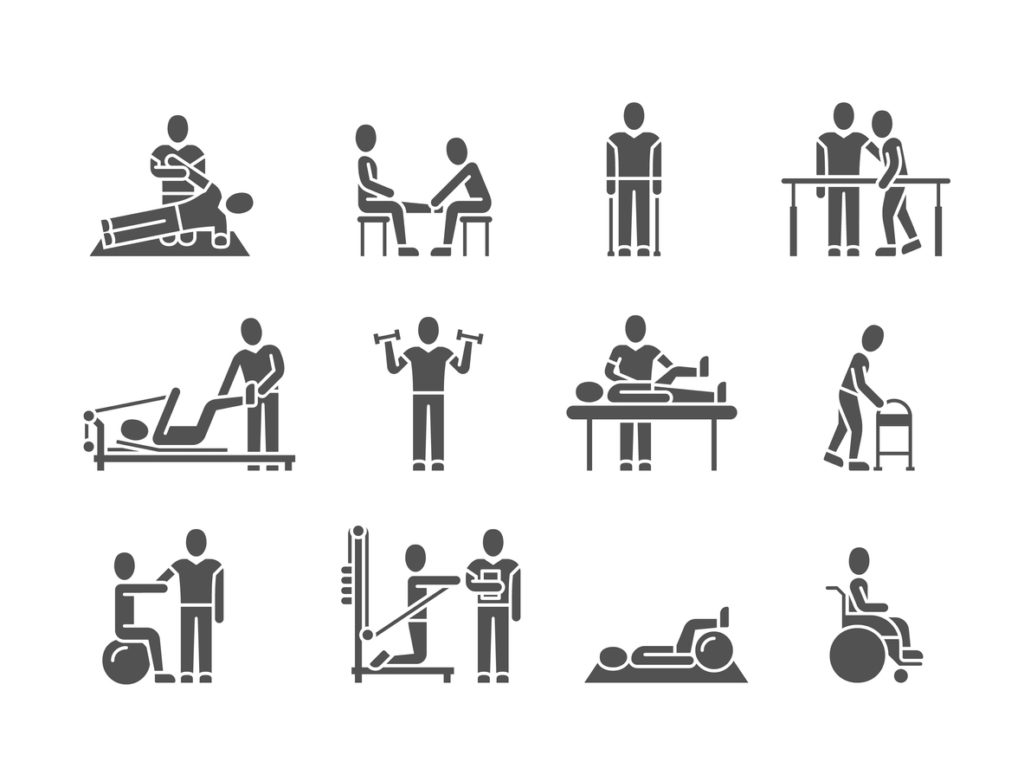The purpose of this study is to determine how common low levels of magnesium are in patients with end stage liver disease. In addition, investigator is trying to determine if low levels of magnesium affect the release of parathyroid hormone in patients with end stage liver disease and low vitamin D levels.
Official Title
Hypovitaminosis D and an Inadequate PTH Response in Chronic Liver Disease Patients.
Conditions
- Chronic Liver Disease
- Hypovitaminosis
Study Type
Interventional
Study Design
Diagnostic, Open Label, Active Control, Single Group Assignment, Efficacy Study.
Further Details
Primary Outcome Measures:
- Perform a standard magnesium loading test to determine urinary magnesium retention in order to define prevalence of magnesium insufficiency in a chronic liver disease population
[Time Frame: One month]
[Designated as safety issue: No]
Secondary Outcome Measures:
- Evaluate the effects of intravenous magnesium loading on the calcium-PTH endocrine axis by measuring pre and immediate post infusion calcium and PTH
[Time Frame: One month]
[Designated as safety issue: No]
Study Start
January 2008
Eligibility & Criteria
- Ages Eligible for Study: 18 years and older
- Genders Eligible for Study: Both
- Accepts Healthy Volunteers: No
Inclusion Criteria:
- Chronic liver disease patients > 18 years of age
Exclusion Criteria:
- Subjects with known parathyroid disease
- Subjects taking magnesium supplementation
Total Enrolment
Contact Details
Rajib Bhattacharya, (MD)
University of Kansas
Location:
University of Kansas Medical Center
Kansas City, Kansas
United States, 66160
All content and media on the HealthEngine Blog is created and published online for informational purposes only. It is not intended to be a substitute for professional medical advice and should not be relied on as health or personal advice. Always seek the guidance of your doctor or other qualified health professional with any questions you may have regarding your health or a medical condition. Never disregard the advice of a medical professional, or delay in seeking it because of something you have read on this Website. If you think you may have a medical emergency, call your doctor, go to the nearest hospital emergency department, or call the emergency services immediately.







